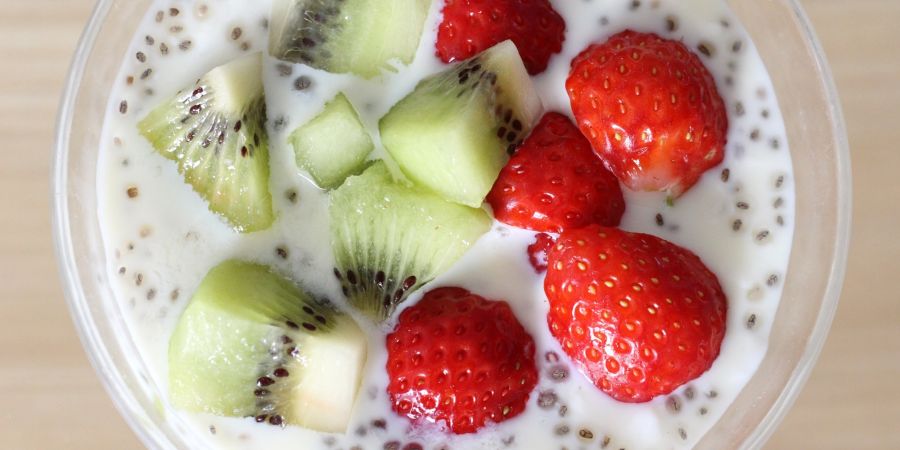

Gut wellbeing: Sabja seeds provide a wide range of health benefits. A nutritionist, shared a basic recipe that can be used as a natural coolant in the summer. To learn more about this easy process, click here.
Sabja seeds are high in fibre, which will help you stay full for longer. Sabja seeds should be included in your summer meal plan. To stay calm, start your day with sabja water.
Gut health is an essential component of good health and well-being. This is because only if you have a balanced digestive system and stomach can any food you eat enter various parts of your body as nutrients. At a time when it's more important than ever to boost one's immunity, taking care of one's gut is a must. Is there a way to improve gut health when sitting at home, eating foods that we already have? Yeah, indeed! Nmami Agarwal, a nutritionist, recently clarified this in her Instagram Stories.
One litre of water with one tablespoon of sabja seeds should be consumed first thing in the morning, according to the expert. She captioned a picture of the cocktail, " "Give it a shot. Every day, start with a litre of water and 1 tablespoon of sabja seeds." She described it as "perfect for gut health" while listing its advantages. The drink, according to Nmami, has a "high fibre content" and acts as a “natural body coolant.” It is important to drink plenty of water during the summer. Adding sabja seeds to your morning routine can also help you stay healthy because they have a cooling effect on the body.
In addition, the specialist also posted a list of foods that can help people cope with anxiety. She stated that having a healthy gut will aid in the battle against anxiety. She penned, "Anxiety has been shown to be reduced by both probiotics and prebiotics. Nuts, seeds, fish, yoghurt, idli, dosa, and whole grains are all healthy additions to the diet ".. She also mentioned that polyphenol-rich foods like coffee and green tea aid in the growth of good gut bacteria.
Emphasis on nutritious and wholesome foods, according to the specialist. She emphasised the importance of including foods high in Omega-3 fats in one's diet, such as nuts, seeds, and fish. She added that, in addition to high-fiber foods like whole grains, fruits, and vegetables, fermented foods like yoghurt, idli, and dosa are also essential.
Disclaimer: This material, including guidance, is intended to provide only general knowledge. It is not a replacement for professional medical advice. For more details, always consult a specialist or your own doctor.


















